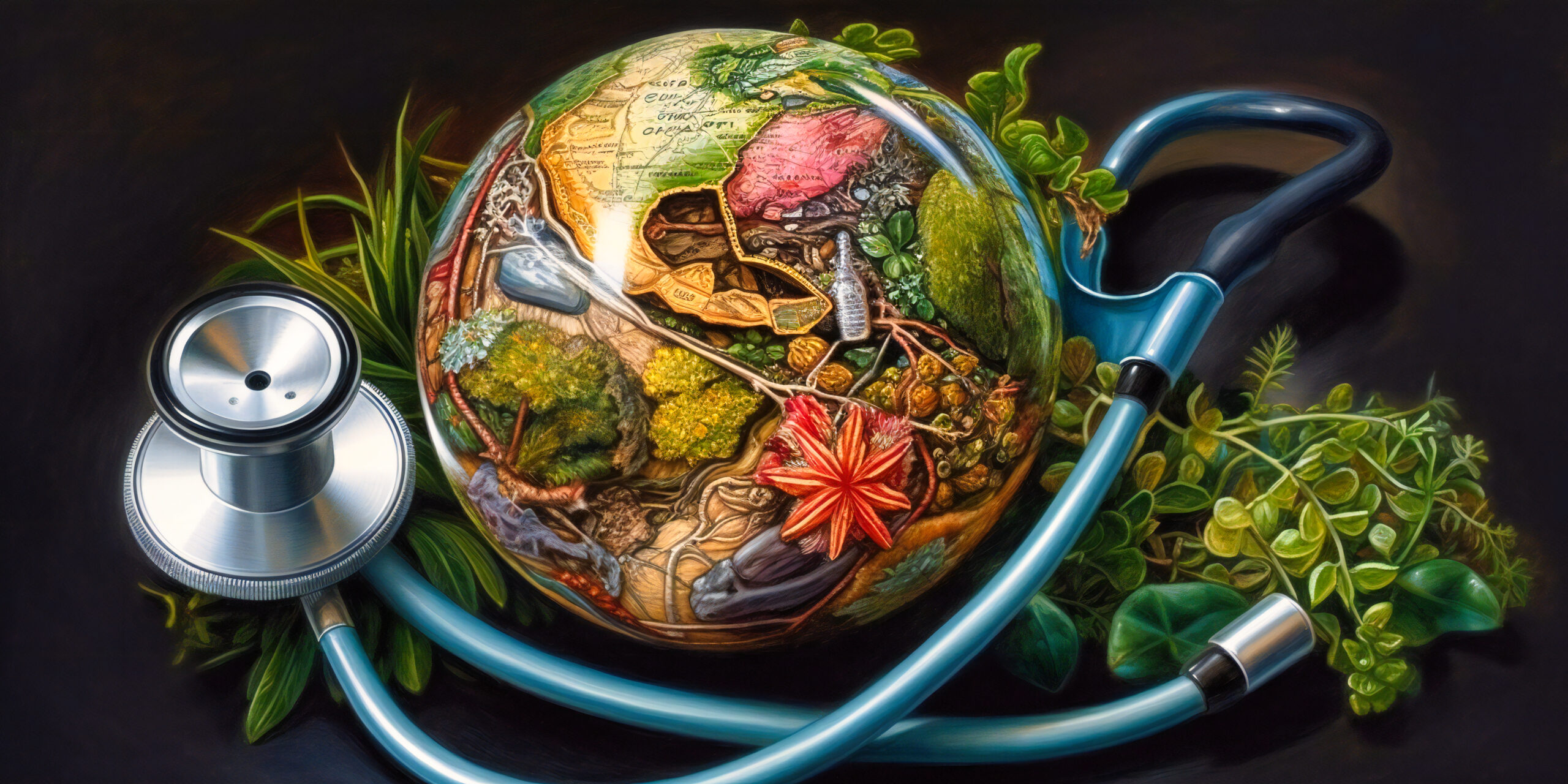Introduction
Craving is a complex phenomenon that affects us all.
Whether it’s a craving for food, alcohol, or drugs, the exact underlying mechanisms remain elusive.
But a new study has shed light on this subject, identifying a pattern of brain activation that differentiates drug users from non-users.
This article summarizes the authors’ findings and presents the implications for addiction and recovery.
The Science Behind Craving
The Brain Regions Involved
The human brain is a marvel of nature, and understanding its workings has been a continuous journey.
In the context of craving, specific areas like the ventromedial prefrontal cortex (vmPFC), ventral striatal/nucleus accumbens (VS/NAc), and insula regions play a vital role.
These regions are responsible for decision-making, reward processing, and emotional regulation.
The Neurobiological Craving Signature (NCS)
The study led by Leonie Koban introduced the concept of the Neurobiological Craving Signature (NCS).
This mathematical model integrates activities across different brain regions, providing a comprehensive understanding of craving.
It’s a groundbreaking approach that offers a unified perspective on craving across various substances and experiences.
The Study: A Closer Look
Participants and Methodology
The research involved 99 participants, including smokers, non-smokers, alcohol users, and cocaine users.
Functional magnetic resonance imaging (fMRI) was used to study brain activation patterns during craving experiences.
Participants were exposed to cues related to their specific cravings, allowing researchers to observe real-time brain responses.
Findings
The NCS model successfully predicted craving across all groups, with an accuracy rate of 82%.
The researchers noted, “The NCS model predicted craving with an accuracy of 82% across all groups, and was most effective in predicting craving in non-smokers and non-users of cocaine.”
This finding is significant as it demonstrates the universality of craving mechanisms across different substances.
Implications
The identification of the NCS opens new doors in understanding addiction and recovery.
It provides a diagnostic neuromarker for substance use and reveals similarities between drug and food craving.
These insights could lead to innovative treatments and interventions, personalized therapies, and a more compassionate approach to addiction recovery.
The Human Connection: Craving in Everyday Life
Craving is not just a scientific term ; it’s a part of our daily existence.
The study’s findings resonate with our personal experiences, offering a deeper understanding of why we crave certain substances or experiences.
The researchers concluded, “In both Western and Eastern philosophy, craving has been considered a source of suffering and unhappiness.” This philosophical insight aligns with the scientific findings, bridging the gap between science and human experience.
Personal Reflections on Craving
Understanding craving from a scientific perspective allows us to reflect on our personal experiences.
Whether it’s craving for a favorite food, a glass of wine, or a cigarette, the underlying mechanisms seem to be the same.
Recognizing this can empower us to take control of our cravings and make informed decisions.
The Role of Society and Culture
Society and culture play a significant role in shaping our cravings.
Advertising, peer pressure, and cultural norms influence our desires and preferences.
Understanding the neurobiological basis of craving can lead to more responsible marketing practices and societal attitudes towards addiction and recovery.
Conclusion
The discovery of the Neurobiological Craving Signature (NCS) is a significant step in unraveling the mystery of craving.
It offers a scientific basis for understanding addiction and recovery, providing valuable insights for professionals and individuals alike.
The study’s findings are not just a scientific breakthrough; they reflect our human experience, offering a glimpse into the complex world of craving.
It’s a reminder that science continues to uncover the intricacies of our minds, bringing us closer to understanding ourselves.
I have no doubt that over the next 5-10 years, we will build on these findings and get closer to understanding exactly what it is that makes us “want”. ♥️
“Craving and desire are the cause of all unhappiness. Everything sooner or later must change, so do not become attached to anything. Instead devote yourself to clearing your mind and finding true, lasting happiness.”
Buddha


0 Comments